EV tax credit continues: While still awaiting signature by the president, the comprehensive tax bill does keep the current tax credit alive. Electric vehicle owners 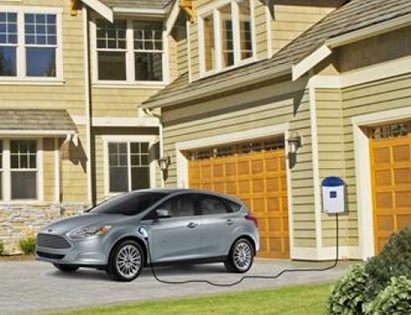 will still be able to claim a tax credit up to $7,500 on the purchase. The 200,000 unit cap will still be in place with Tesla, General Motors, and Nissan expected to hit that ceiling sometime next year. Automakers and organizations such as CALSTART and Plug In America had been lobbying for inclusion of the tax credit, which had been initially cut from a House tax bill.
will still be able to claim a tax credit up to $7,500 on the purchase. The 200,000 unit cap will still be in place with Tesla, General Motors, and Nissan expected to hit that ceiling sometime next year. Automakers and organizations such as CALSTART and Plug In America had been lobbying for inclusion of the tax credit, which had been initially cut from a House tax bill.
Musk’s accidental tweet: Tesla CEO Elon Musk received a wave of phone calls yesterday when he accidentally sent out his phone number to his 16.7 million Twitter followers. He’d been intending to send out the number to John Carmack, chief technology officer at Facebook’s Oculus virtual reality division. Several people tried calling his phone number and reported hearing a voicemail message from Musk stating, “By the Gods you’ve done it. Somehow you’ve found your way here to me. I offer you my congratulations and my respect.”
Uber loses big lawsuit in Europe: Uber is legally defined as a transport company, according to a ruling this week by the European Court of Justice. The ride-hailing giant 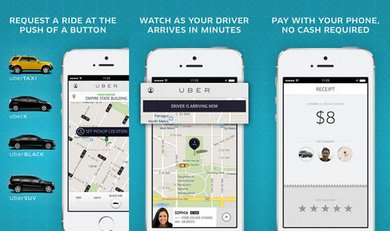 had argued that it merely provides a mobile app linking riders to car owners, and not a taxi or livery company. The case had come out after Barcelona ruled that Uber was to obey local taxi rules in that city. Uber downplayed the court ruling, saying that the company already operates under transportation laws in most European Union countries. Analysts say the ruling will have serious implications for Uber and other similar companies operating in the new gig economy. Uber and its new management team have a set of challenges to face after going through a difficult year.
had argued that it merely provides a mobile app linking riders to car owners, and not a taxi or livery company. The case had come out after Barcelona ruled that Uber was to obey local taxi rules in that city. Uber downplayed the court ruling, saying that the company already operates under transportation laws in most European Union countries. Analysts say the ruling will have serious implications for Uber and other similar companies operating in the new gig economy. Uber and its new management team have a set of challenges to face after going through a difficult year.

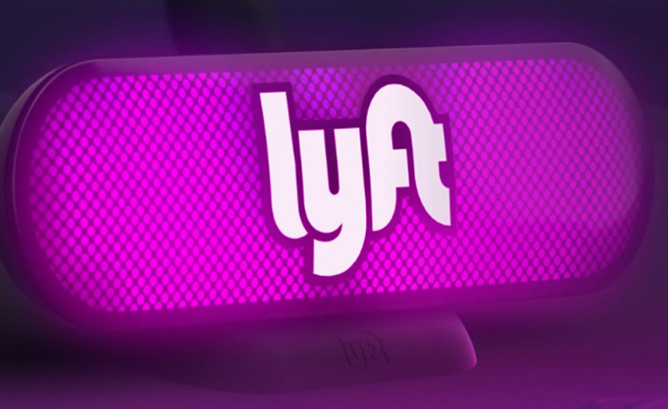 Fidelity Management & Research Company and Ontario Teachers’ Pension Plan. AllianceBernstein, Baillie Gifford, KKR, Janus Henderson Investors, and Rakuten. CapitalG led the billon-dollar round. The ride-hailing firm’s valuation is now at $11.5 billion. Alphabet, the Google parent company, played a key role in bringing in more investors for Lyft during October – after pulling away from financial support for arch-competitor Uber and filing its intellectual property theft lawsuit affecting its Waymo division……………..
Fidelity Management & Research Company and Ontario Teachers’ Pension Plan. AllianceBernstein, Baillie Gifford, KKR, Janus Henderson Investors, and Rakuten. CapitalG led the billon-dollar round. The ride-hailing firm’s valuation is now at $11.5 billion. Alphabet, the Google parent company, played a key role in bringing in more investors for Lyft during October – after pulling away from financial support for arch-competitor Uber and filing its intellectual property theft lawsuit affecting its Waymo division……………..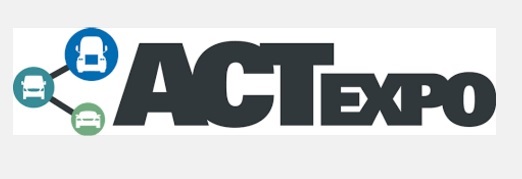 clean transportation events, GNA has played a key role in raising millions of dollars in grant funding for clients during its history. The consulting firm will celebrate its 25 year anniversary next year. The company has effectively supported the use of renewable fuels, and has provided research and analysis for all parts of the clean transportation industry. GNA also does emissions modeling, assists with technical fleet planning, monitors government affairs, and provide communications and media services to clients, CNGVC said.
clean transportation events, GNA has played a key role in raising millions of dollars in grant funding for clients during its history. The consulting firm will celebrate its 25 year anniversary next year. The company has effectively supported the use of renewable fuels, and has provided research and analysis for all parts of the clean transportation industry. GNA also does emissions modeling, assists with technical fleet planning, monitors government affairs, and provide communications and media services to clients, CNGVC said.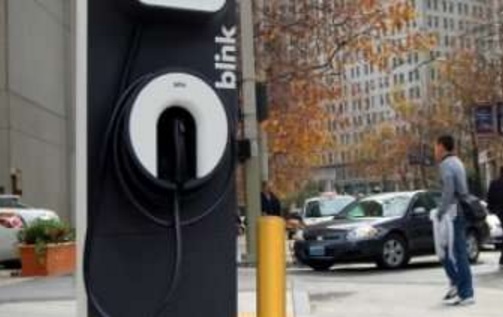 2013. Car Charging Group began operating thousands of Blink charging stations, and the software that manages, monitors, and tracks these stations and stores charging data. Blink Charging Co. also started a 1 for 50 reverse stock split, effective two days ago. After a period of 20 business days from then, the company’s stock symbol will be CCGID and will then revert to CCGI. The company’s website has switched over to www.BlinkCharging.com. “Changing the name of the Company to Blink Charging continues our integration efforts and corporate rebranding, which allows us to unify our identity and illustrates the company’s primary products and services,” stated Mike Calise, Blink Charging’s CEO. “The reverse split is also another step in the right direction towards achieving a listing on a national stock exchange and to build additional shareholder value.”
2013. Car Charging Group began operating thousands of Blink charging stations, and the software that manages, monitors, and tracks these stations and stores charging data. Blink Charging Co. also started a 1 for 50 reverse stock split, effective two days ago. After a period of 20 business days from then, the company’s stock symbol will be CCGID and will then revert to CCGI. The company’s website has switched over to www.BlinkCharging.com. “Changing the name of the Company to Blink Charging continues our integration efforts and corporate rebranding, which allows us to unify our identity and illustrates the company’s primary products and services,” stated Mike Calise, Blink Charging’s CEO. “The reverse split is also another step in the right direction towards achieving a listing on a national stock exchange and to build additional shareholder value.”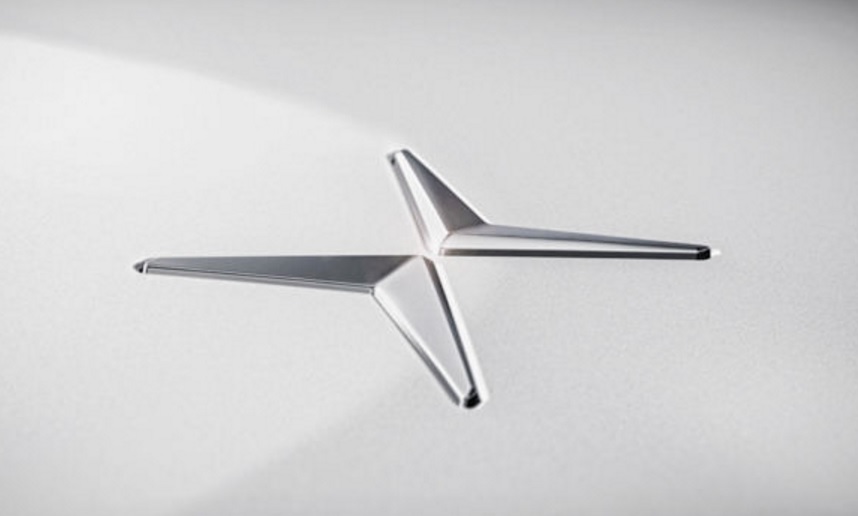 Polestar. Volvo acquired Polestar Performance in 2015. Polestar Performance had been a business that Volvo hired to jointly develop high-performance versions of its vehicles. The two companies will tap into economies of scale and other resources Volvo offers. Polestar will reveal its business plan this fall. Thomas Ingenlath to be CEO at Polestar. He previously had helped Volvo increase sales of several vehicles including the XC90. Polestar will challenge Tesla and BMW i subbrand as a global brand.
Polestar. Volvo acquired Polestar Performance in 2015. Polestar Performance had been a business that Volvo hired to jointly develop high-performance versions of its vehicles. The two companies will tap into economies of scale and other resources Volvo offers. Polestar will reveal its business plan this fall. Thomas Ingenlath to be CEO at Polestar. He previously had helped Volvo increase sales of several vehicles including the XC90. Polestar will challenge Tesla and BMW i subbrand as a global brand.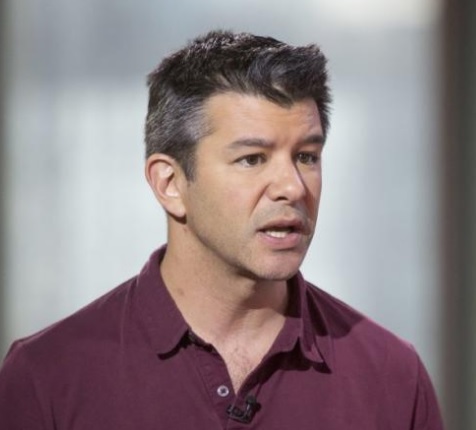 starting up in May 2010, Uber invented a new segment of mobility – a business model adopted by Lyft, food delivery companies like Postmates and DoorDash, and dozens of other startups; and that’s put several taxi companies out of business. Uber became the most valuable private company in the world with Kalanick able to bring several venture capital backers onboard. The CEO was known for his aggressive style and for leading a workplace that hasn’t been good for women to work in; or many of the other male executives who’ve left in recent weeks. No matter what happens, the Uber brand name is likely to be carried forward as it’s become the icon of mobility services; maybe by another group of owners.
starting up in May 2010, Uber invented a new segment of mobility – a business model adopted by Lyft, food delivery companies like Postmates and DoorDash, and dozens of other startups; and that’s put several taxi companies out of business. Uber became the most valuable private company in the world with Kalanick able to bring several venture capital backers onboard. The CEO was known for his aggressive style and for leading a workplace that hasn’t been good for women to work in; or many of the other male executives who’ve left in recent weeks. No matter what happens, the Uber brand name is likely to be carried forward as it’s become the icon of mobility services; maybe by another group of owners. Didi buying Uber’s China business: Uber’s arch-rival in China, Didi Chuxing, will be acquiring Uber’s Chinese business unit. It will effectively
Didi buying Uber’s China business: Uber’s arch-rival in China, Didi Chuxing, will be acquiring Uber’s Chinese business unit. It will effectively